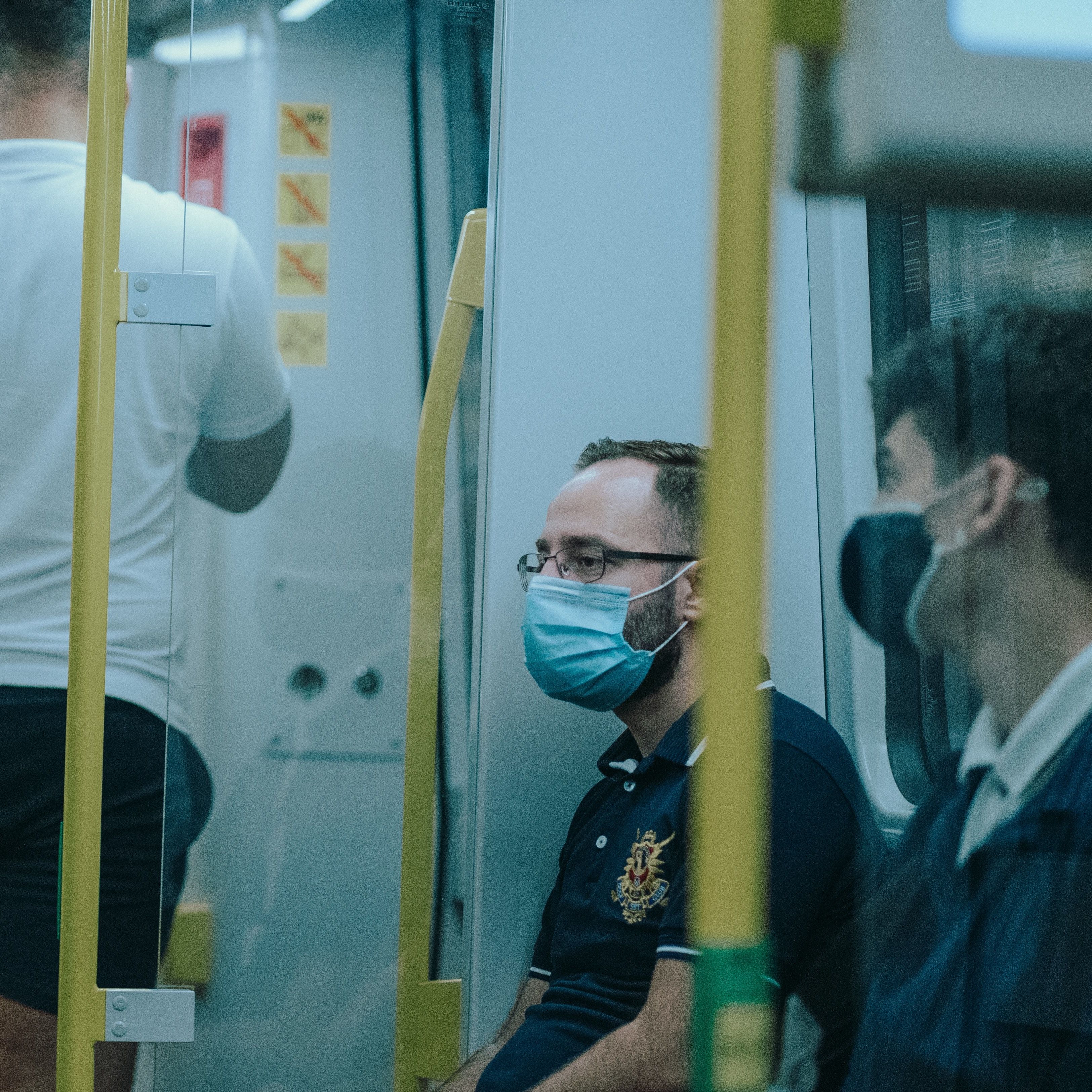Biologic Therapy Not Linked to Worse COVID-19 Infection, Death Risks
A study out of Boston observes little to no difference in previous biologic prescription and worsened odds of infection nor death during the pandemic.

Contrary to initial concern at the beginning of the pandemic, biologic immunosuppressant therapy is not observed to increase risk of SARS-CoV-2 infection nor COVID-19 severity, according to a new Boston-based study presented at the American Academy of Dermatology (AAD) Virtual Meeting Experience this weekend.
In a new retrospective assessment from Massachusetts General Hospital and Harvard Medical School Investigators, real-world biologic prescriptions prior to the US COVID-19 outbreak in March 2020 were not linked to increased COVID-19 risks.
The data, presented by Vartan Pahalyants, BA, of the 2 Boston institutions as well as the Harvard Business School, provide additional assurance for patients taking immunosuppressant therapy for chronic disease throughout the pandemic.
As the investigators noted, it remained unclear whether virus infection or associated mortality risks were increased due to the biologic treatment prior to the assessment. As such, they conducted their retrospective study using institutional data and the Massachusetts state public health registries.
Pahalyants and colleagues observed 7361 patients prescribed biologic therapy from July 2019 through February 2020, matching them to 74,910 controls. They then cross-referenced the data with COVID-19 infection and all-cause mortality data from the Massachusetts Department of Public Health from March 1 to June 19, 2020.
The odds ratio (OR) for COVID-19 diagnosis between patients on biologic therapy and their controls was calculated via multivariable logistic regression, with adjustments for patient age, sex, race, Charlson comorbidity index (CCI) severity grade, median income, and local COVID-19 infection rates.
Investigators additionally used multivariable Poisson regressions on patients diagnosed with COVID-19 to compare all-cause mortality risk, with adjustment for patient sex, CCI severity grade, median income, and local COVID-19 rates.
Mean patient age was 50.6 years old, with 56.0% being women and 84.5% being White. Mean age adjusted CCI was 2.8.
The research team observed 87 (1.2%) COVID-19 infections and 7 (8.0%) deaths in patients treated with biologics, versus 1063 (1.4%) infections and 71 (6.7%) deaths in the control group.
With adjustment for patient demographics, patients treated with immunosuppressive biologics were actually at decreased risk of COVID-19 diagnosis (OR, 0.88; 95% CI, 0.71 – 1.09; P = .25), and an insignificantly increased risk of subsequent mortality (OR, 1.38; 95% CI, 0.62 – 3.07; P = .43) compared to controls.
The regional outcomes data supports the notion that previously held concerns regarding biologics—a widely popular drug class for chronic inflammation and dermatologic conditions—and COVID-19 risks may be exaggerated.
“Our study builds on the evidence that biologic immunosuppressants do not increase the risk of COVID-19, which should be considered by dermatologists and patients when making decisions about therapy continuation during this pandemic,” investigators concluded.
The study, “Risk of COVID-19 and subsequent mortality among patients receiving immunosuppressive biologic therapy: a retrospective matched cohort study,” was presented at AAD VMX.